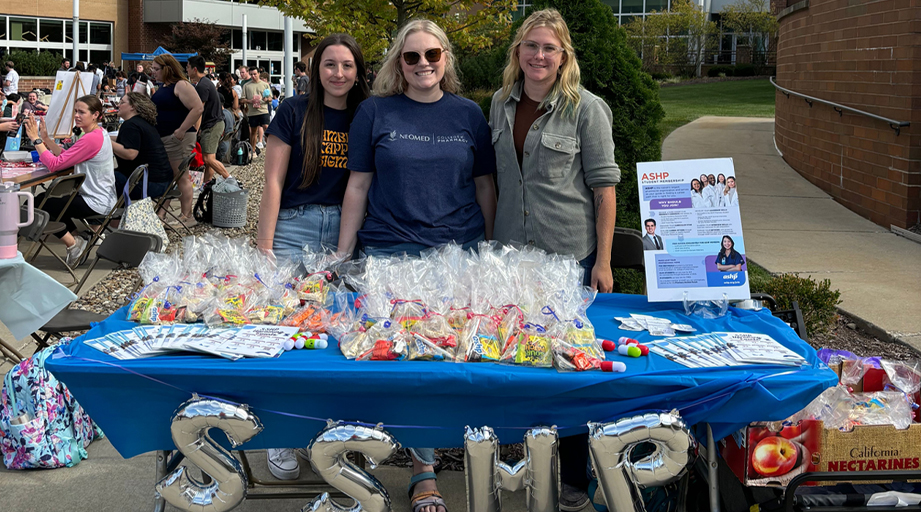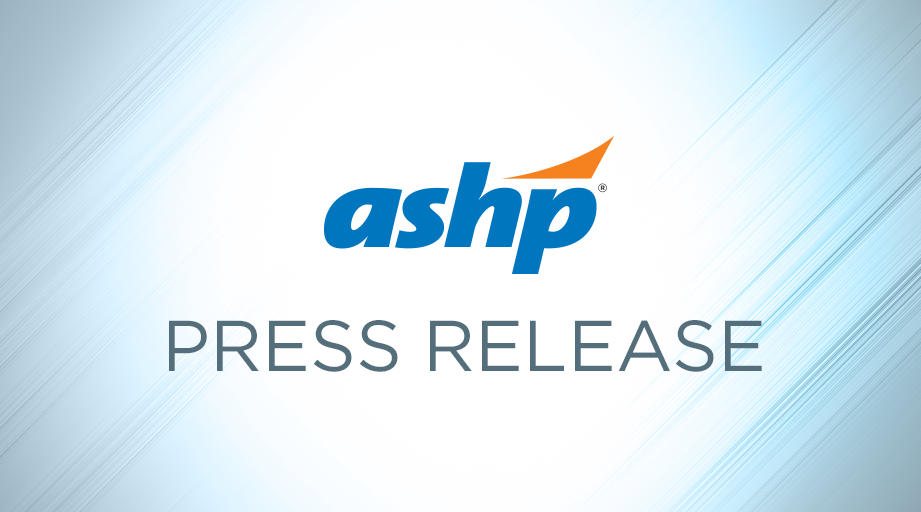
A well-rounded precepting program can benefit students, residents, and the facility.
A well-rounded precepting program provides small and rural hospitals meaningful ways to engage student pharmacists, residents, and the facility itself. With the right planning and creativity, students can learn just as much from such hospitals as they would at a larger facility.
With so much on their plates, pharmacists may be anxious at the prospect of initiating and executing a comprehensive precepting program. In Precepting in Small and Rural Hospitals: A Prescription for Success, a Sunday session at the Midyear Clinical Meeting & Exhibition, presenters emphasized that it’s fine to start slow.
While it’s important to have a plan for any precepting program, preceptors need not reinvent the wheel to design one. First-time and seasoned preceptors alike can turn to the school of pharmacy’s experiential coordinator as well as resources from ASHP to build out their program. The ASHP Preceptor Toolkit includes an article database to spur discussions as well as a Busy Day Toolkit for when an unexpectedly hectic day takes a preceptor away from their students or residents.
What’s more, pharmacists carry a robust teaching toolkit by virtue of their own experience, from clinical knowledge to soft skills like how to effectively interact with medical staff.
“Show off the things you’re already good at. Your students and residents will get value from whatever you teach,” said David T. Caron Jr., vice president for therapeutic and diagnostic services at Martha's Vineyard Hospital in Massachusetts.
In small and rural hospital settings, learners may be able to more easily establish personal connections with faculty and fellow students, gain exposure to a wide variety of pharmacy issues, and work with underserved and vulnerable patient populations.
When not actively engaged in patient care, students can perform myriad other tasks to learn what it takes to run a hospital pharmacy. For example, learners and residents can contribute to hospital operations by helping to prepare patient education materials, briefing staff on new medications or processes, and performing regulatory gap analysis to ensure the hospital’s compliance with industry standards.
Preceptors can ensure the precepting experience is most useful to students and residents by matching the learning calendar to the standards on the final exam, while also tailoring the experience to their students’ stated interests and goals. Colleagues from other disciplines within the hospital system can help round out the precepting experience for the pharmacy student, giving them variety they may not encounter elsewhere.
Precepting naturally takes time and energy — but the reward is watching the next generation gain firsthand knowledge and grow into the profession. “It’s important to celebrate students for all they learn and accomplish,” said Liz Jochum, clinical pharmacy manager and residency program director at Illinois’s Northwestern Medicine Delnor Hospital.
Conversely, student experiences and input can play a role in designing a better and more comprehensive learning environment. Their feedback, both positive and negative, can continuously improve the precepting program for students who come after them.
“One of the biggest contributions learners can make to a department is the energy and excitement that they bring — applying everything they have learned in the classroom to real-world situations and real-world patients,” pointed out Andrew Kessell, clinical pharmacy services and postgraduate year 1 residency program director for FirstHealth Moore Regional Hospital in North Carolina. “That energy can really be contagious.”








